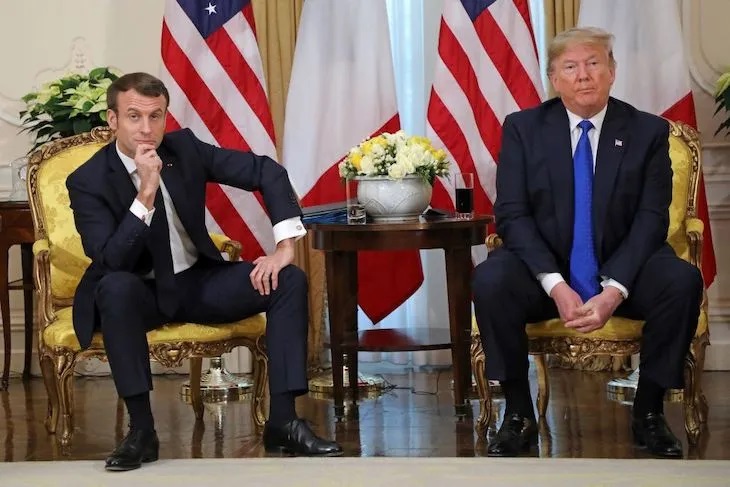As the bewilderingly overpraised Everything Everywhere At Once continues its inevitable march to Best Picture at the Oscars, many of the films that were once tipped to defeat it have slipped away. The Banshees of Inisherin, Top Gun: Maverick, Tár — all have settled into their time-honored place of being forever the Academy’s bridesmaid and not the triumphant bride.
Yet almost out of nowhere, Netflix’s All Quiet on the Western Front has emerged as a serious contender. It swept the BAFTA awards in February, and with nine Oscar nominations, including Best Film, Best Foreign Language Film and Best Adapted Screenplay, it looks certain to win at least a couple of them. Not bad for a two-and-half-hour adaptation of a 1929 German novel.
Nonetheless, for all the sometimes backhanded American acclaim that the film has garnered (the New York Times observes that “the movie aims to pummel you with ceaseless brutality, and it’s hard not to be rattled by that”), there is one market where All Quiet on the Western Front has singularly failed to land: in its native Germany.
There, Erich-Maria Remarque’s original book not only maintains its classic status, but is revered as perhaps the definitive work of fiction about the German experience in World War One. Previous adaptations have included a seminal 1930 Lewis Milestone picture and a 1979 television film. But the Edward Berger-directed version is the first time that German filmmakers have confronted their own history (albeit with a script co-written by the Scottish triathlete Lesley Paterson, aka “the Scottish Rocket”), and the results have not been pretty.
The judgment of the Munich newspaper Süddeutsche Zeitung has been typical. Acknowledging that the original novel is “one of the most important books ever written in the German language,” the critic Hubert Wetzel openly asks whether Berger has ever read it, spitting that “no book is so good that you can’t turn it into a terrible film.”
And on and on. Critics have pilloried the film’s changed ending — altering the book’s bittersweet final image to an all-action finale — and have described its presentation of scheming, venal generals and abused cannon-fodder soldiers as nothing less than nonsense. The mass-market Bild tabloid summed up popular reaction when it called the film “a piece of indescribable impudence,” and sighed, “It takes a considerable portion of ignorance, disrespect and Oscar-lust to mess up a masterpiece in such a fashion, to pulverize its content and story so mercilessly.”
The reaction in Germany may not matter to the filmmakers, given the far wider international acclaim that the film has earned. But over a century after the events depicted in the film, it indicates that the presentation of German actions in World War One is still tinged with controversy. It has probably not helped its reception at home that Berger has explicitly said, “I don’t feel [patriotic] because of the history… I could never say I’m proud to be German. Those words don’t fit into our mouths, and rightly so.” He went on to say, “I feel a certain sense of guilt and shame — a lot of it — because of what Germany brought to the world. We wanted to put that feeling into the movie.”
It is not surprising that this sentiment has gone down badly in his home country. While the classic status of All Quiet on the Western Front is beyond dispute, one of its most salient features is its sympathetic and compassionate presentation of helpless young men, removed from any kind of nationalistic or political ideology: a key reason for the book’s continuing success in English-language translation. Yet Berger, who has openly commented that he saw the French as “the good guys” in the war, has produced a film in which we’re almost rooting for the protagonists to be wiped off the face of the earth.
This makes for intriguing, challenging cinema, but it’s also to be expected that, in a country still tormented by its involvement in two epochal wars, it has gone down anything but favorably. The controversy shows no signs of abating, but nationalism’s hurt pride is, at least, the movies’ gain.





















